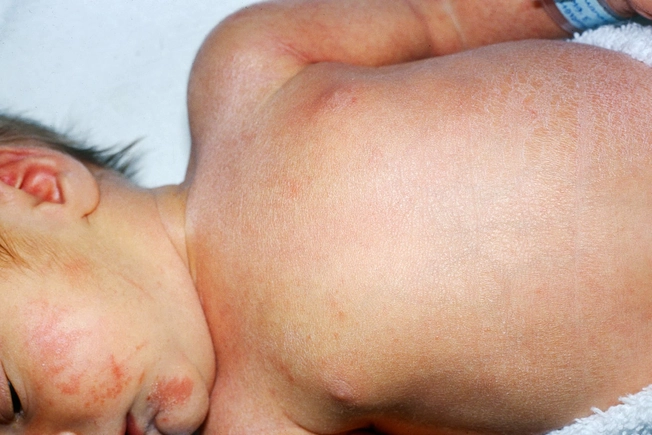Viral rashes can be a frustrating and sometimes concerning experience. From the familiar chickenpox to the more unusual roseola, these skin eruptions often come with a range of symptoms, from mild itching to fever and fatigue.
This guide will help you identify some of the most common viral rashes and understand their characteristics:
- Chickenpox: Characterized by itchy, fluid-filled blisters that appear all over the body. Fever, sore throat, and fatigue may precede the rash.
- Shingles: A painful, blistering rash that can occur in people who have previously had chickenpox.
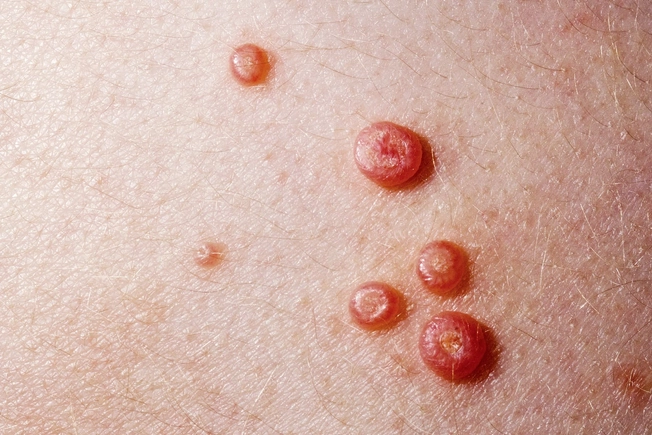
- Molluscum Contagiosum: Pinkish-red bumps with a dimple in the center and a white core.
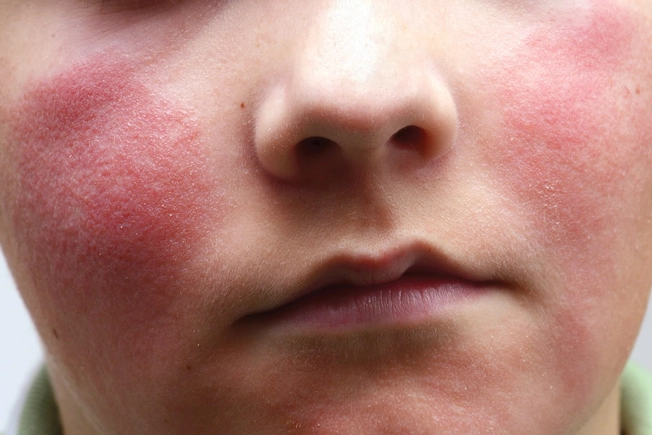
- Fifth Disease (Erythema Infectiosum): A “slapped cheek” rash on the face, often accompanied by a fever and body aches. A lacy, web-like rash may also appear on the arms, legs, and trunk.
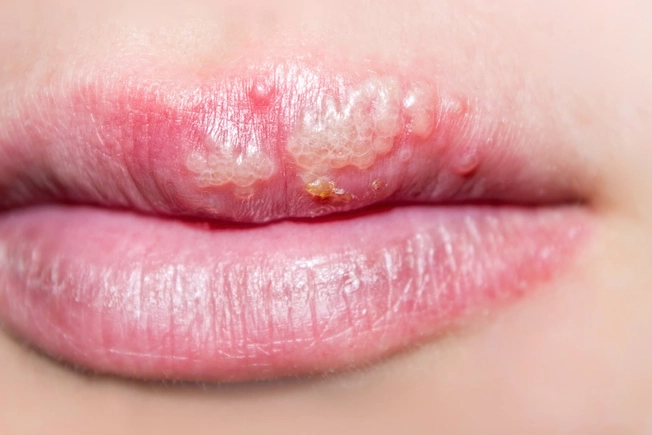
- Cold Sores: Painful, fluid-filled blisters that appear on and around the mouth. Caused by the herpes simplex virus.
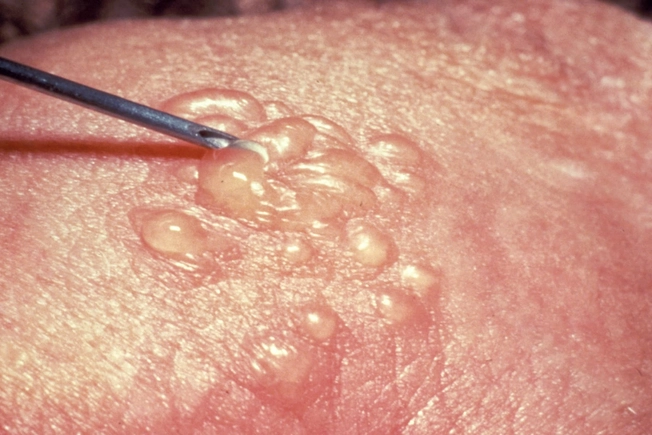
- Genital Herpes: Similar to cold sores, but occurs on the genitals.
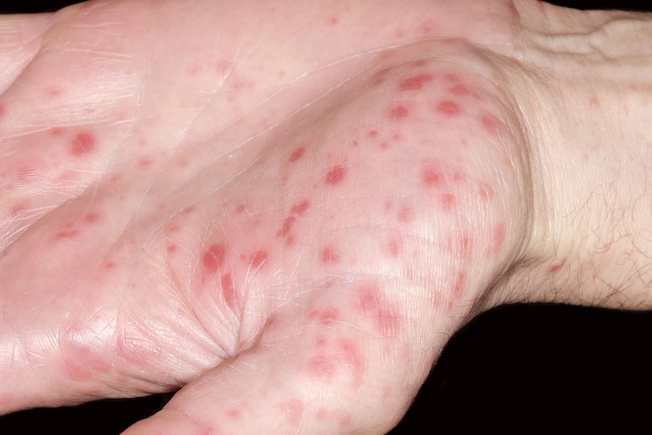
- Hand-Foot-and-Mouth Disease: Painful blisters appear on the hands, feet, and mouth. Common in young children.
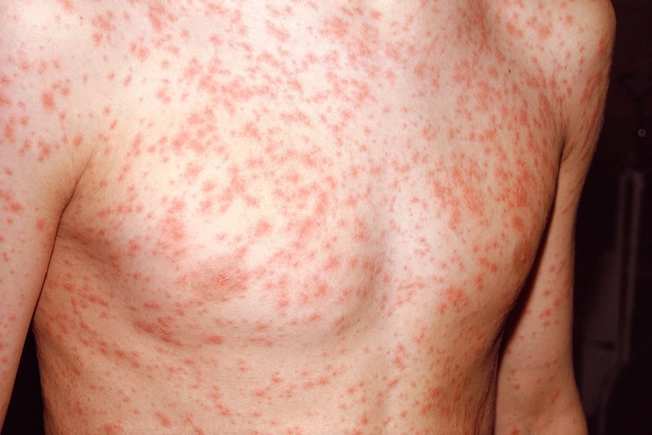
- Rubella (German Measles): A fine, pink rash that starts on the face and spreads to the body.
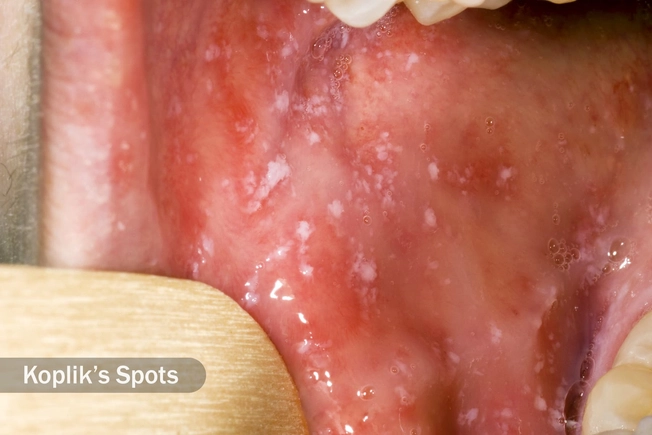
- Measles: A serious viral infection characterized by a high fever, cough, runny nose, and a distinctive rash.
